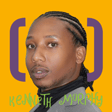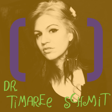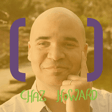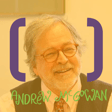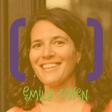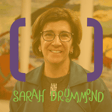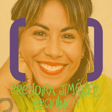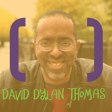
Liz G Schultz: Fix the System. One Defendant at a Time.
How do you know when to step away? How do you find a sacred, restful place by LEAVING faith? How do you dismantle systemic oppression in the prison industrial complex?
Civil rights attorney is trying to find those answers.
CONTENT WARNING: religious trauma and moral injury, discussion of the prison industrial complex and prison crime, impacts of COVID, disability, white supremacy,
This episode contains explicit language.
Visit this episode’s sponsor, BVP Coffee, roasting high quality coffee that benefits HBCU students:
https://bvp.coffee/uncommongoodpod
Check us out on Instagram: www.instagram.com/uncommongoodpod
TikTok:
www.tiktok.com/@uncommongoodpod
Subscribe to our YouTube Channel: youtube.com/@uncommongoodpod
we chat to ordinary people doing uncommon good in service of our common humanity.
We are creating community that builds relationships across difference by inviting dialogue about the squishy and vulnerable bits of life.
(un)common good with pauli reese is an uncommon good media production, where we put content on the internet to help people stop hating each other.
thanks for joining us on the journey of (un)common good!
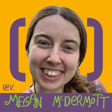
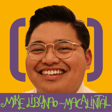

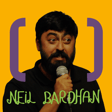
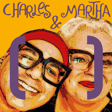
![BONUS: [moim] Gathering, David Rubenstein Atrium at Lincoln Center image](https://media.zencastr.com/cdn-cgi/image/width=112,quality=85/image-files/62b64321a33e0c0035b4bc2e/a5bd46bd-6072-4365-94bb-c1391a3e5105.jpeg)



